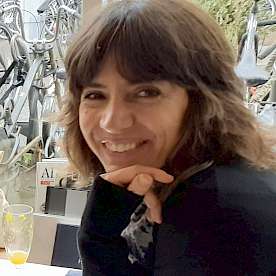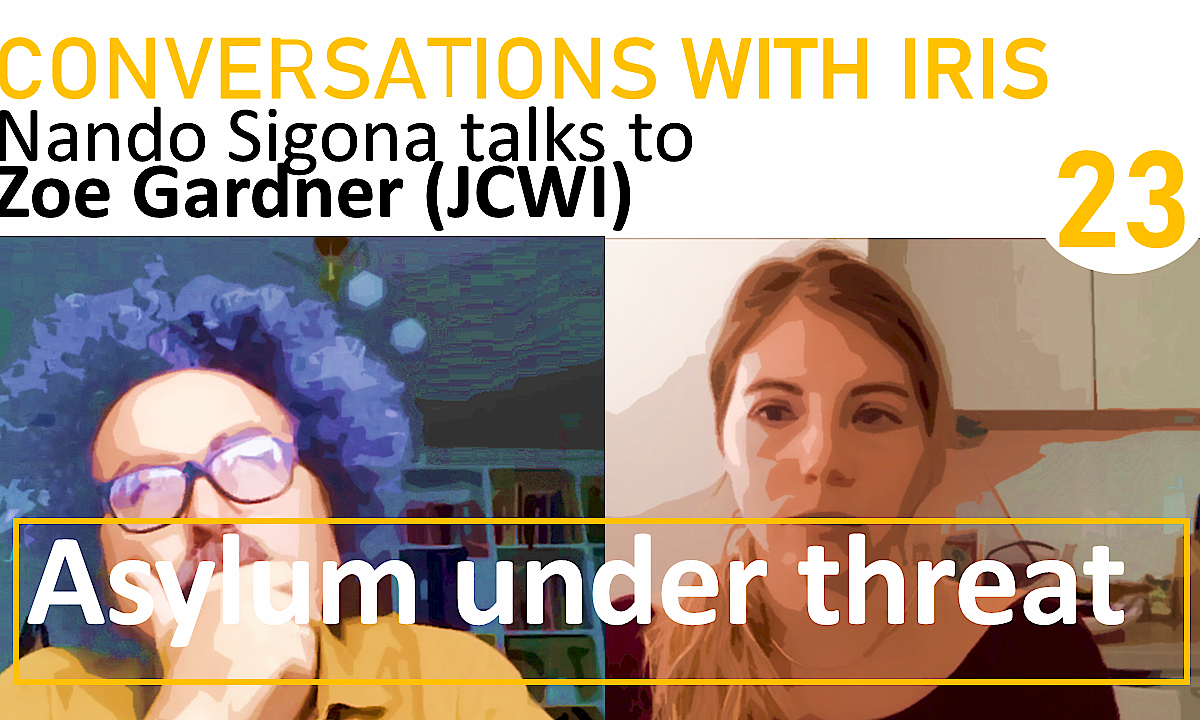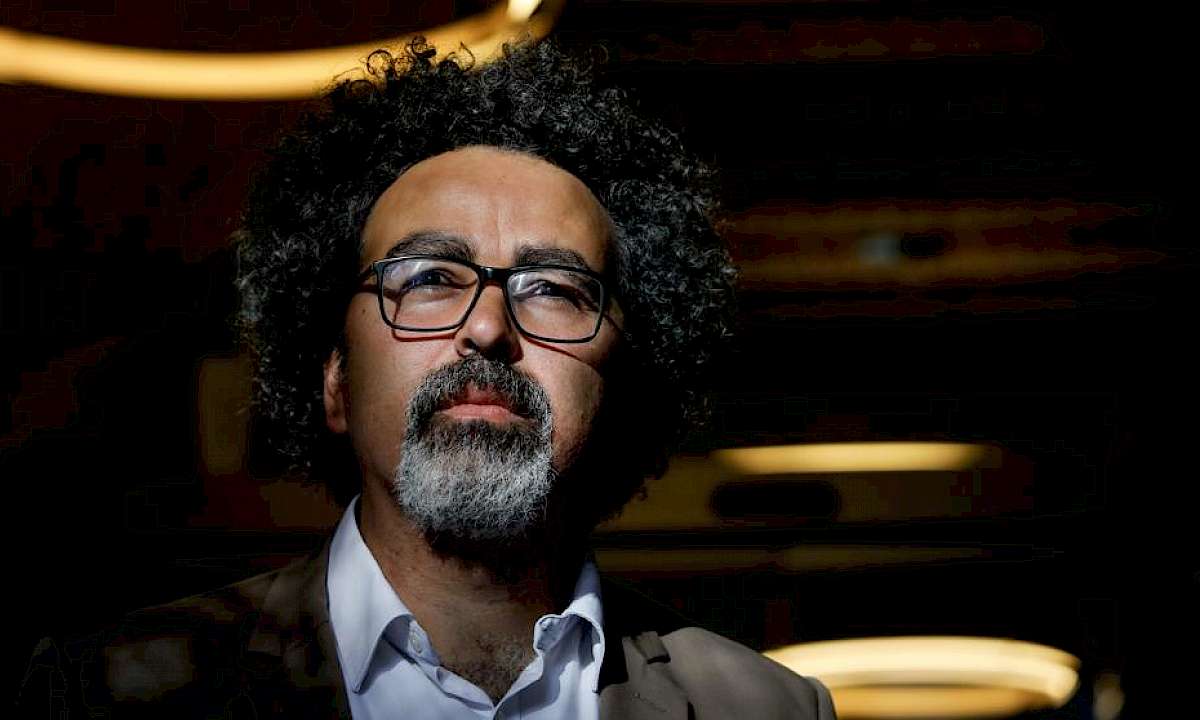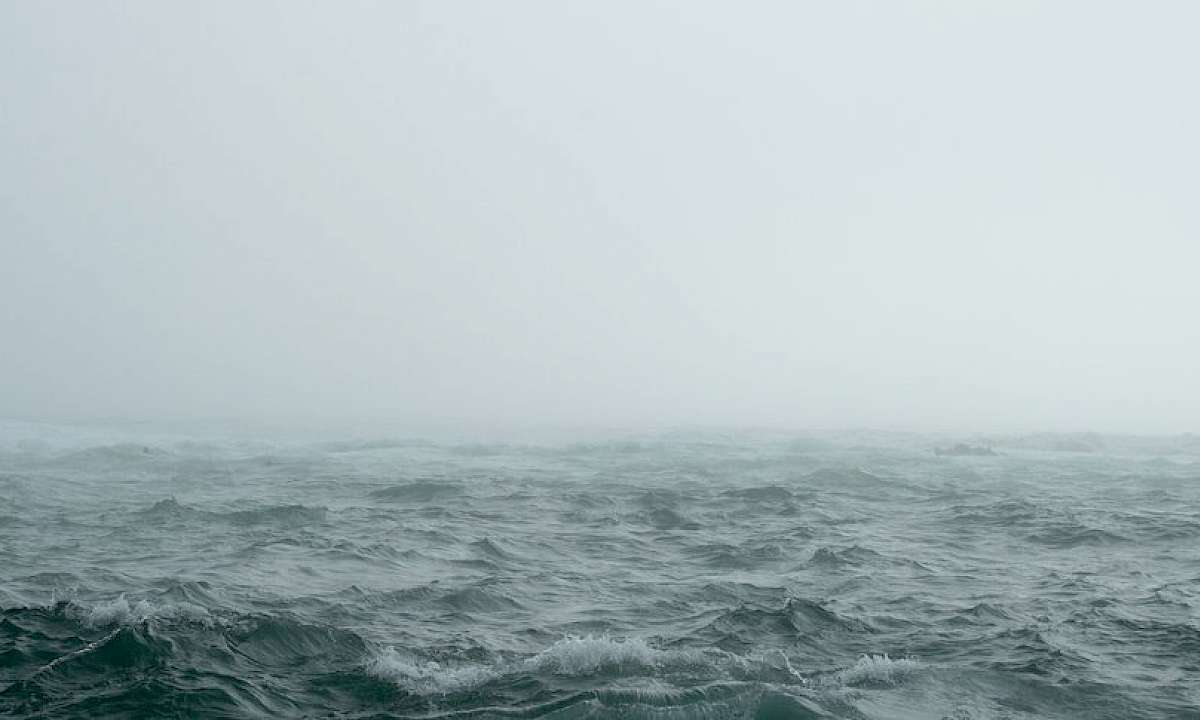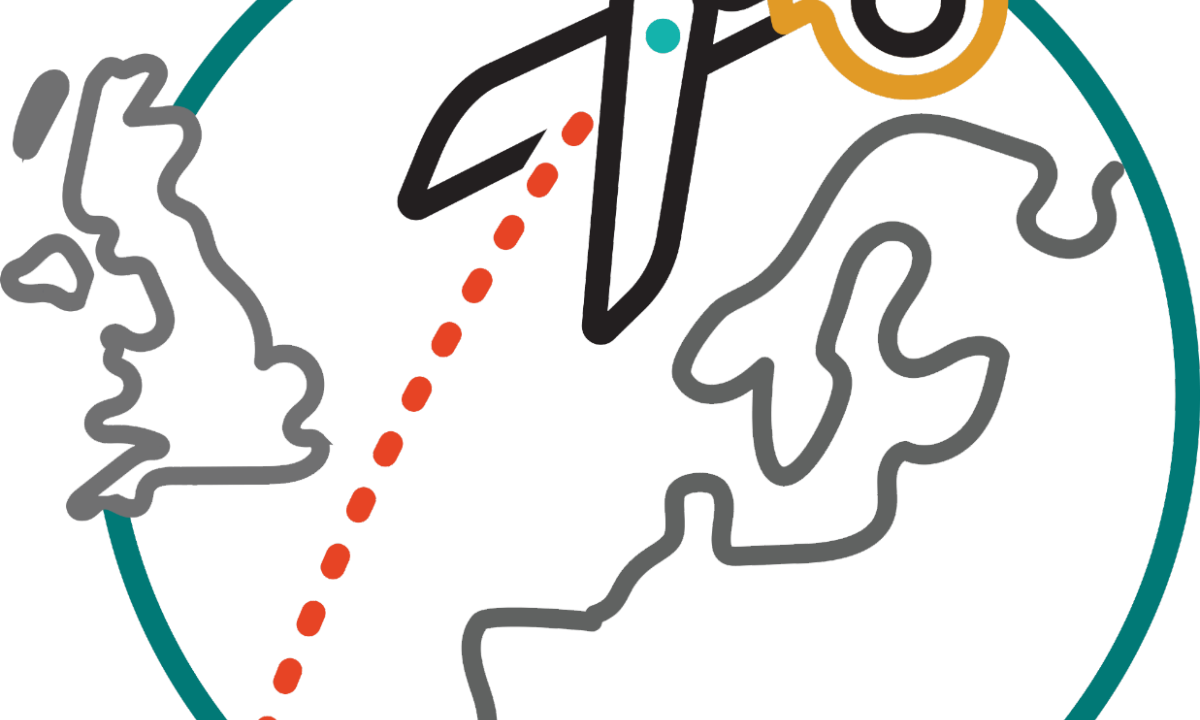
What are the UK Government’s ‘safe and legal routes’? How do these relate to ‘stop the boats’, the Rwanda Plan, and the curtailment of asylum as laid out in the 1951 Refugee Convention?
So, at the moment, we have seen Ukrainians, white Ukrainians are very welcome to the UK. And it's great, we are offering them refuge at a very difficult time. But then who has been excluded? And it's largely brown and black migrants, people from countries where the UK has been complicit in manufacturing and creating refugees, you know, we've created conflict in those countries. So, Afghanistan, Syria, etc. And there is also this idea that men, single men, are not seen as vulnerable, and they therefore don't need as much support, and we don't advocate in the same manner for them. So, there's a massive challenge there for the sector, as well as for policymakers as to how do you help them understand that it's not about picking the ideal group to support and campaign for, but actually, it's about creating systems and policies, that that support an individual to thrive once they do arrive on our shores, and that they give them the protections that they need.
— Fizza Qureshi
In our latest episode of Who do we think we are? we’re talking the UK’s emerging suite of humanitarian protections. We consider what they reveal and conceal of the UK’s post-Brexit approach to humanitarian protections.
Listen to the episode here.
Hear from MIGZEN researcher Elena Zambelli as she explains what asylum is, when it became a human right and for whom, and what and whose pressures are contributing to raising questions on its present-day and future relevance and applicability. Fizza Qureshi, CEO of the Migrants’ Rights Network, member of the board of Migrants at Work and of the honorary advisory committee for the Black Europeans, examines the UK’s hostile environment migration policies, and the challenges that particular groups of migrants are more likely to face when trying to make Britain their home. Nando Sigona and Michaela Benson discuss the political economy underpinning the emergence of the UK’s new suite of ‘safe and legal (humanitarian) routes.’ And they draw on data collected within the MIGZEN project to reflect on how the beneficiaries of these new schemes, and particularly Ukrainian nationals and Hongkongers, experience the protections offered to them.
Fizza’s opening quote is a stark portrayal of some of the double standards and injustices characterizing the UK’s post-Brexit approach to humanitarian protections. Whilst the UK, and Europe more broadly, opened their arms and their borders to receive people fleeing the conflict in Ukraine – mostly white women and their children, the international protection offered to other populations escaping from similarly deadly conflicts but who are racialized as black, brown and/or Muslim has been very limited, if present at all – just stop one moment to consider what the UK is not offering to Palestinians in the Gaza Strip subjected to what the International Court of Justice has recently considered to be a plausible case of genocidal violence.
As Nando reminds us, drawing from the work of anthropologist Liisa Malkki, the figure of the ‘refugee’ puts nation states in the position of having to balance their commitment to international humanitarian law with national sovereignty and, with it, the imagined community of the nation in whose name they claim it:
What Malkki notices is that this construction of the refugee is very much rooted in the world that was emerging after the end of the Second World War […] and the need for putting order, that was it, because a refugee was a threat to this world that was being created, of the nation states. But what we see now, especially since the end of the Cold War, is the emergence of forms of contestation about who the others are, you know, the sense of who is a refugee for someone, is a terrorist for someone else. And there is an ongoing contestation about the definition of these groups [and] in a sense, the Geneva Convention on refugees, the refugees whose definition is enshrined in the international legal framework, is less and less relevant in the contemporary conversations.
As Michaela explains, the legacies of the British Empire may and do intervene in differently shaping the scope and direction of the humanitarian protections offered to particular populations, such as Hongkongers:
It's very interesting to me that one of the biggest routes that has been offered to people through that suite of safe and legal protections, is to people who were formerly colonised. So, I think that's really important. And definitely, that's become part of the narrative, too. When you listen to Robert Jenrick talk about the Hong Kong BN(O) visa scheme, he talks about delivering on a historic obligation, a historic commitment. And I think for me, that's always really significant in terms of thinking about why they might be choosing the Hongkongers for this route.
Race and racism, geopolitics, colonial legacies are only some of the many factors informing the UK’s post-Brexit approach to asylum and humanitarian protections. Tune in to the remainder of the season, to find out how the redrawing of boundaries around both the British and EU imagined communities is entangled with a changing migration-citizenship regime, which continues to shape the lives of migrants and rewrites Britain’s migration story after Brexit.
You can listen to the podcast and the back catalogue, access our shownotes, active listening questions and transcripts on our podcasts page.
And you can follow the podcast on all major podcasting platforms or through our RSS Feed
How to cite this episode:
Benson, M., Sigona, N., Qureshi, F. and Zambelli, E. (2023) Who do we think we are? Presents ‘Global Britain’. S3 E9 (Not so) safe routes [Podcast] 15 February 2024. Available at: https://sites.libsyn.com/365921/s3e9-final-mix (Accessed: add date here)

